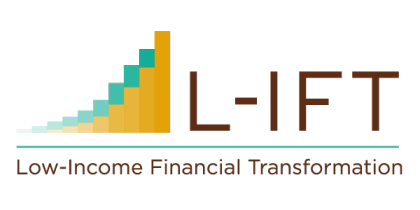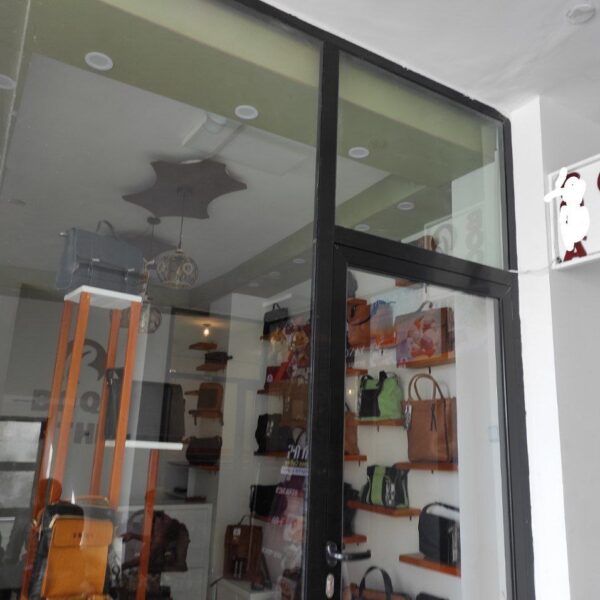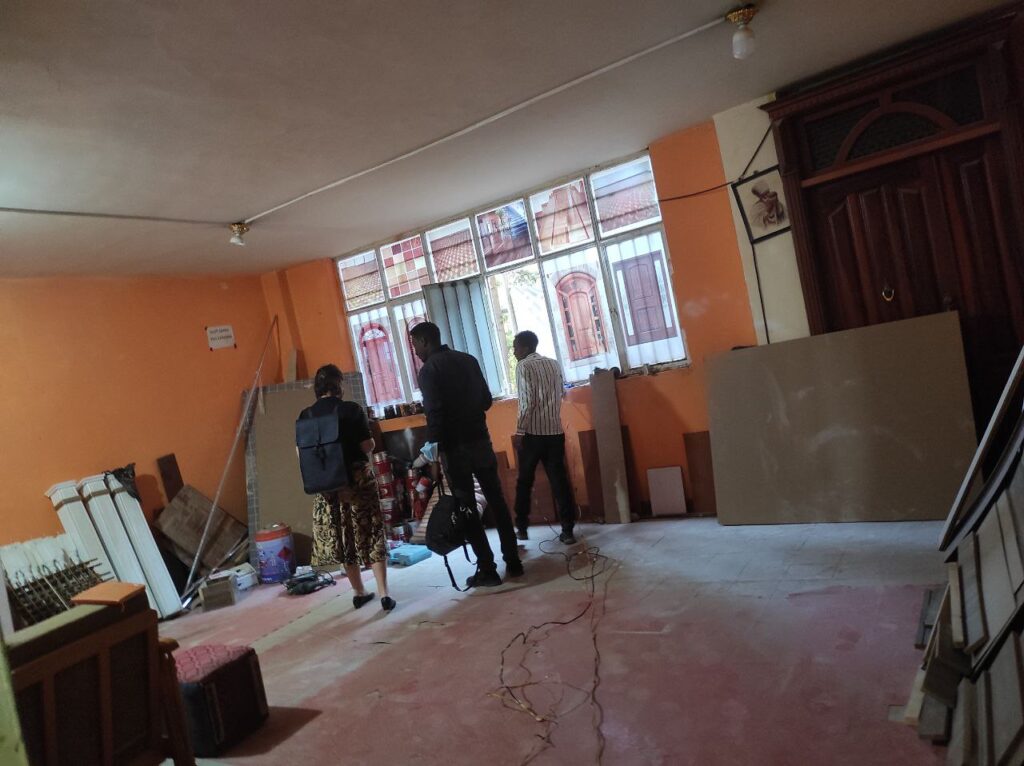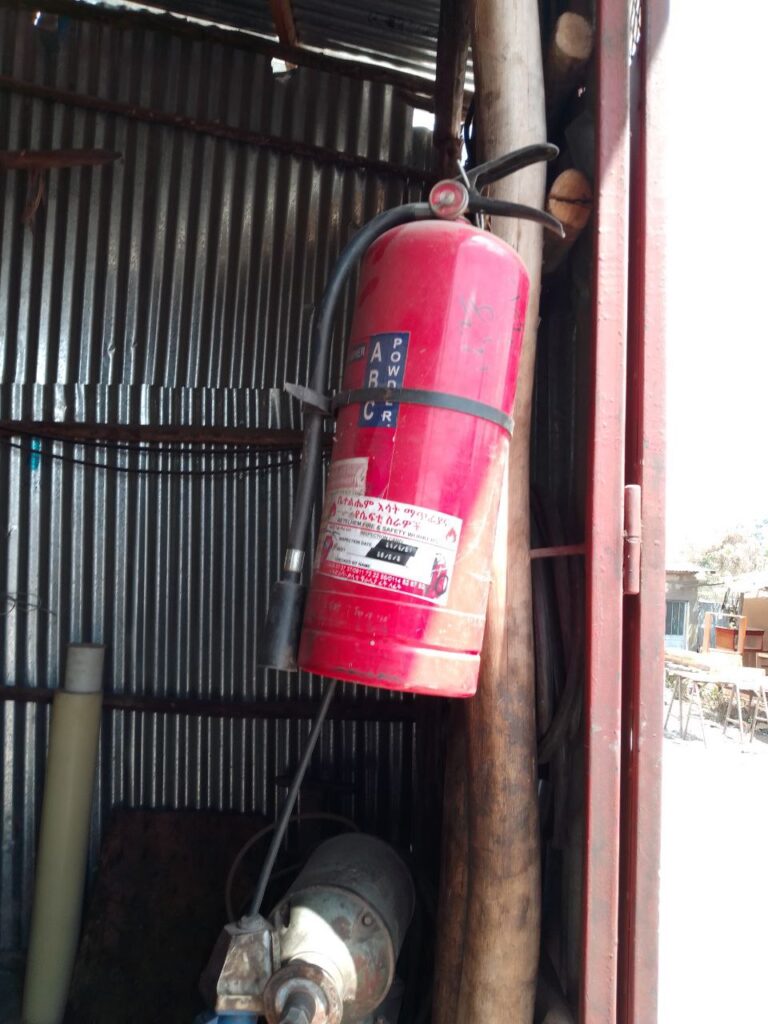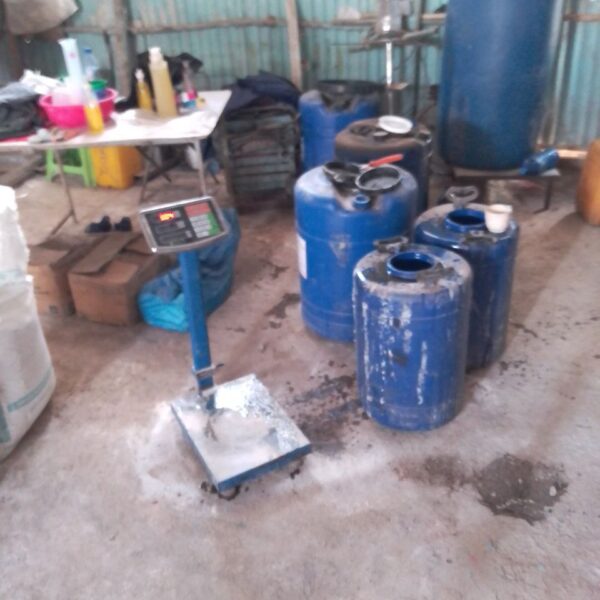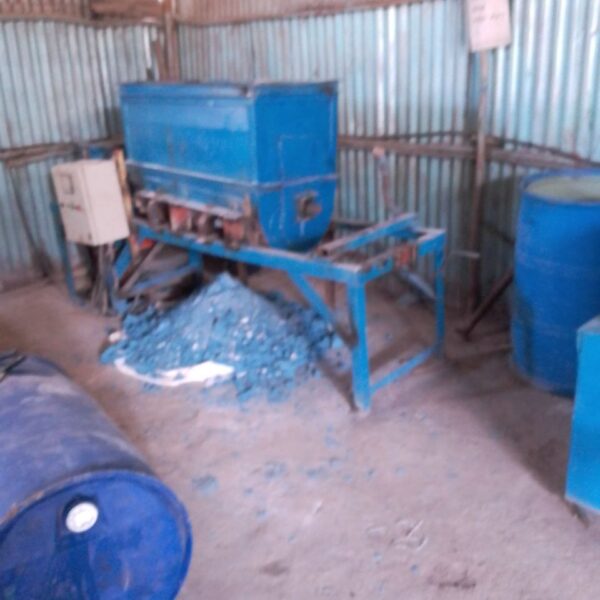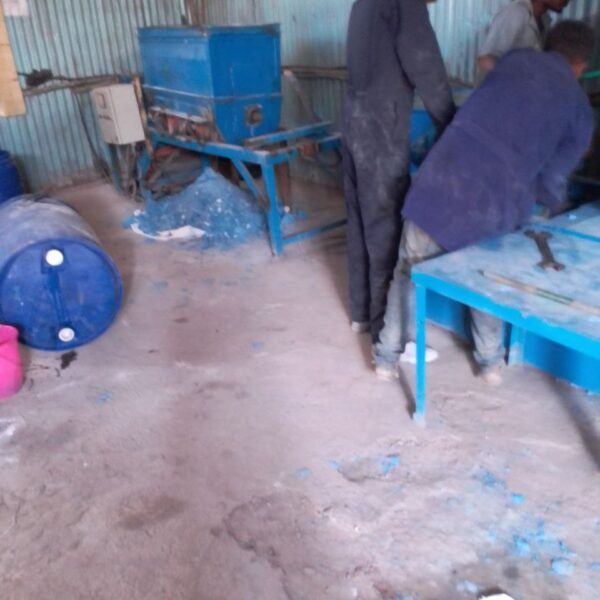Zimare
ET641
This firm is engaged in leather production, specifically in men’s and women’s leather bags. I have written a bunch of things about her, and so I have mentioned that she is in the process of opening a shop for her bag collections. It took her about 3 months to open the shop due to many reasons. The first one is the previous tenant of the place she rented hadn’t moved out the time he said he would, the second one is that the interior designer she signed with was busy and couldn’t finish as he said. Our respondent was busy and she couldn’t manage all these things. She was participating in bazaars and designing new bags. She was also in South Africa as well so that is why things were slowing down a little bit.
The wonderful thing that happened was that the building owner saw how things were and he reduced the first month’s rental payment. Our respondent was happy about that even though she is disappointed with her employees. One of her most skillful employees quit without informing our respondent in advance. This happened before she went to South Africa but she still hasn’t found a new employee who could fulfill the requirement she wants. Because of that, she is working at night, out of the working hours, even in her house.
After those challenges, she opened the shop officially. It has been one week and half a day. The bags are really gorgeous and eye-catching. In her shop, she added leather men’s shoes and both sex leather jackets as well. It’s a bit expensive but since we know the quality while observing in the production place I say it’s worth it. And the new saleswoman she employed is her best friend from high school. As a starter, the shop is doing well. There will be a grand opening and everybody is invited.
Zimare
ET129
This respondent is a furniture business owner. So this week we had a great time meeting him with Anne. He is one of the outstanding respondents from what we have so we are happy for choosing him. Even though we made the research clear to him, he had some questions. We believe after he heard from Annee his questions have been answered. And when he heard that he will get the transaction which we gather every week on different platforms, we can read from his face that he is happy about participating in this project.
A new thing about this firm is the place you guys see in the picture was a showroom but now since he got a new spot nearby, he made this room a workshop. Hopefully, he will open the showroom soon and we are expecting to see it.
Zimare
ET129
This respondent is a furniture business owner. So this week we had a great time meeting him with Anne. He is one of the outstanding respondents from what we have so we are happy for choosing him. Even though we made the research clear to him, he had some questions. We believe after he heard from Annee his questions have been answered. And when he heard that he will get the transaction which we gather every week on different platforms, we can read from his face that he is happy about participating in this project.
A new thing about this firm is the place you guys see in the picture was a showroom but now since he got a new spot nearby, he made this room a workshop. Hopefully, he will open the showroom soon and we are expecting to see it.
Yoseph
ET541
We visited this respondent with Anne Marie Van Swinderen.
This respondent had worked in human resource (employee) management before he started this business. Some of the initiation to starting his own business was that the freedom and return from self-employment are much better than working in another business as an employee. Then he applied and submitted a proposal to a small and medium scale enterprise and waited almost four years to get the first workshop place. After analyzing the market potential and his performance, a second workplace which is 180 square meters and located in front of the previous workplace has been added. Rent payments to the government for these workshops are very cheap. If he had rented from private owners, each workplace would have cost up to 30,000 ETB (578 USD).
He said that it is difficult to get female technical workers for machines in the labor market. Besides, the tasks also need physical labor because the employees need to move and carry heavy metals to run the machine. Nevertheless, he had a female technical worker two years ago.
It is required that the secretary have technical skills because she needs to inform and explain clearly while meeting with customers. For this reason, he prefers to encourage her to learn technical skills and now she is on the path to improvement. The respondent said that women who have technical skills are better fits for the warehouse positions than males.
Regarding the effect of COVID-19 and conflict, this business faces insignificant problems from COVID-19; not because of the nature of the business but rather because he won a bid from an NGO to make braces for a large number of beds which are for aid to poor communities in the countryside. But the conflict had tangible effects because his bids are mainly from government institutions and there were no bids at that time. On the other hand, the cost of production almost doubled during the conflict due to the economic recession. Regarding employee remuneration, this respondent pays every employee weekly (Every Saturday) including the secretary. The range of payment is from 2500 ETB to 4500 ETB (48 USD to 86 USD) and employees get incentives from five hundred to one thousand Ethiopian Birr based on their performance. In some cases, parents bring their children and ask the respondent to train them. These children don’t have technical skills and experience so their main task will be to serve as messengers to move materials within the workshop while being ordered by technical employees and they develop technical skills gradually. These workers could get weekly payments of up to 1000 ETB (19.25 USD) until they are able to run machines (develop technical skills). This act helps the firm to easily find technical workers when they need expansion and prior employees leave. The respondent assesses employee payment regularly and compares it with other competitors through talking with managers and employees of competitors and found that his firm pays a relatively high salary when compared to competitors in the same position. The employee who works on welding metals covers his face totally except for two holes on his eyes in order to protect his eyes from the spark.
One threat for them is the security problem, mainly from fire accidents. They are unable to take insurance for their machines and workshop because their workshop is made from corrugated iron which is very sensitive to fire from internal sources (while they are working) and from external sources, and their machines are the old versions that were imported from India and Italy. As a solution, they put a fire extinguisher in the workplace.
They also need loans and facilities such as water. Even if they are able to present a vehicle for collateral to access a loan, banks only accept vehicle models from the year 2018 onwards. As a result, their vehicle is not accepted because it is a 2005 model. Now, this respondent needs a one million Ethiopian birr loan for three years to be repaid on a monthly basis. When we come to saving, they started equb (indigenous saving method) to motivate the saving habit of employees two years ago but they’ve stopped now.
About future plans: The respondent wants to start other additional businesses either in soap and detergent production or steel production.
Tseday
ET385
Cement block production
Instead of looking for a job, 5 Civil engineers who graduated from Dire Dawa University in 2017 decided to work together in the field of construction based on what they had learned. They then went to their kebele’s small enterprise organizing center and shared their views, but were told that the sector they had chosen was not viable and that most of the associations formed in this sector failed. So they told them to start making hollow concrete blocks instead of construction and they agreed and got a license. After they got organized, they donated 6,000 ETB (116 USD), gave 30,000 ETB (530 USD) to microfinance, and borrowed 250,000 ETB (4812 USD) from it and the small and micro business organizing center gave them a shade at a place called Amdail.
Challenges they faced and how they solve them:
As they said,
-” The process of getting a loan was very difficult and took more than 4 months, which was very tedious.”
– “After we started, it was very difficult to find customers who would use our products. At this point, we decided to do some advertising such as flyer distribution. This way was a little successful and we started to get some customers but during this time, the housing development corporation ordered us to leave our shade but we refused to leave so the corporation made an accusation about us to the small and micro business organizing center.”
“The micro and small enterprise center responded by saying, “They can’t leave the place.” because, as we said earlier, we took 250,000 ETB credit so they thought we could not repay the loan if we leave. They were on our side.”
“At this point, the corporation came up with a new idea to work together. They provided us with all the raw materials and asked us to work together, and we agreed, receiving only the labor costs.”
“But this process continued for only one year, and after the second year we had to supply all the raw materials except cement and they improved the price. We were initially profitable. But in recent years, the price of raw materials has skyrocketed, making our work even more difficult. As a result, we asked for a price increase, but they did not respond. Our firm was recently shut down due to a lack of response to the price increase request, but now the corporation has made improvements. But the price of the raw material is still rising and we started work but do not know how to continue because there is a contract that limits the time intervals to request a price increase.”
“We are not happy to do this work right now because of the expensiveness of raw materials, the situation of our country, and various problems that are affecting us and we are losing our profits.”
“As we mentioned earlier, when we started this project, we had five members but 3 of them started other work due to the fast increase in the price of raw materials and the fact that we could not work or the work became more difficult to continue. For a while, they used to get a salary from the association but now that has stopped because we are the only ones doing the work and we are the ones paying the loan we took together. But if the association becomes more profitable, they will get 20% for being a member.”
“We currently have a capital of 210,000 ETB (4042 USD) including machinery.”
Yoseph
ET376
This respondent, who is engaged in detergent and soaps production has the capacity to produce eight different types of products without considering color and packed quantity difference but it reaches twenty when we consider these differences. He displayed these products at the work shop. Among these products, some have the specific target of usage. For instance, Ajaks; a solid soap used to clean utensils, and 760 ml liquid soap used to clean glass windows. This respondent uses two scales (weight measuring machine) because solid detergents are sold in kilograms. This respondent faces failure to produce these products due to his two mixer machines dropping water with out mixing with the powder and form soap, mainly Ajaks. Thus, the respondent was so busy maintaining his mixer machines with his employees. As a result, large quantity of semi finished soaps were on the ground.
